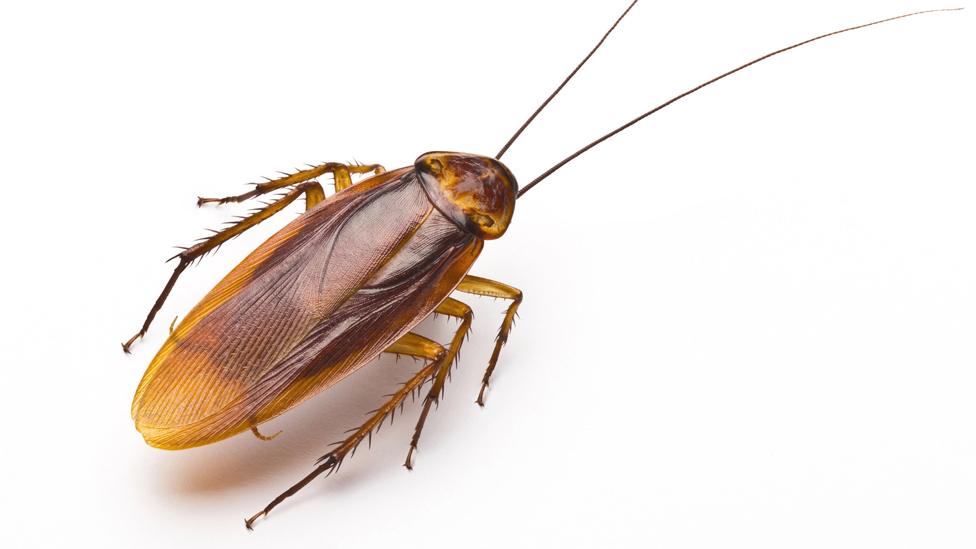Cockroaches and big majorities
- Published

It is not often that I accuse someone of being a cockroach during a Wales Today interview, but Mark Williams took it in typically good humour.
The context was that Tim Farron gave the Liberal Democrats that description because he said it was so resilient it could survive a nuclear holocaust.
There was no complete wipe out in 2015 (Mark Williams' survival in Ceredigion was proof of that) but nevertheless to go from 57 to eight MPs had an Armageddon feel to it.
The party feels the road back lies in the pledge to hold another EU vote, or a "ratification" referendum.
It is a strategy based on targeting the 48% who voted Remain.
Scottish referendum
The hope for the Lib Dems is that the EU referendum will have the same impact on British politics as the Scottish independence referendum had on Scottish politics.
In other words, how people voted in the Scottish referendum carried over into the general election, leading to the dominance of the SNP.
The question is whether the 48% of Remainers will continue with the resistance to Brexit by supporting the Lib Dems, or accept the result and back the other parties who are prepared to get on with the job of taking the UK out of the EU?
A central part of the strategy is the view that strong opposition makes for good government.
Thatcher
To make the point, Mark Williams quoted the former Tory minister Francis Pym who said that big majorities lead to poor government, in reference to the huge leads enjoyed by Margaret Thatcher.
To persuade voters, they need to be seen to be doing this for the right reasons in the eyes of the public.
If people feel this policy is simply based on them wanting to change the result because they disagreed with it then the rest of the campaign, and the result, could be hard for the Lib Dems.
But if they can convince voters that the Brexit destination will never be a good place to be heading for then there could be many willing to back them.